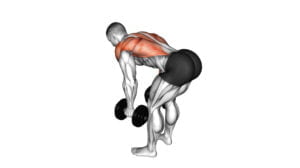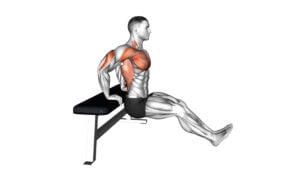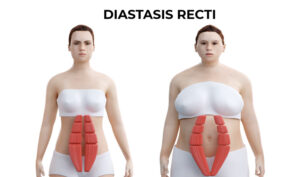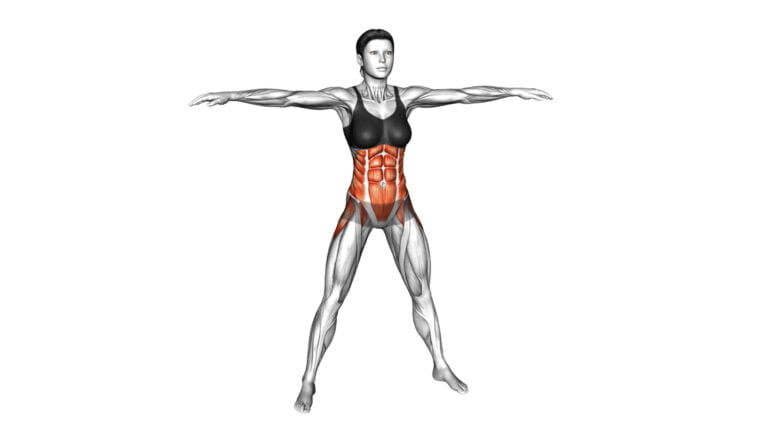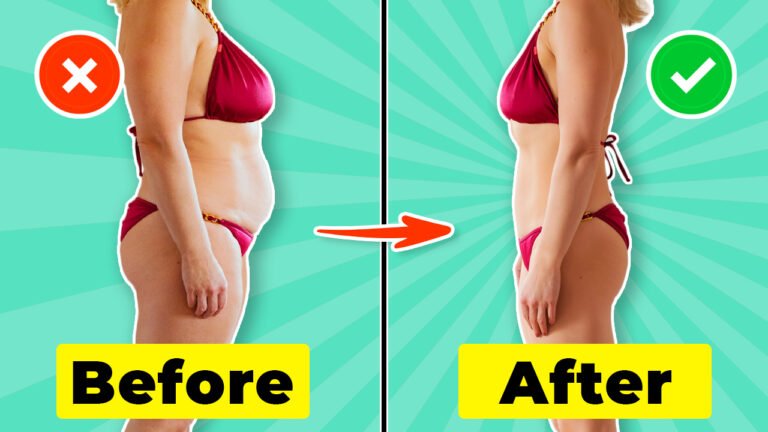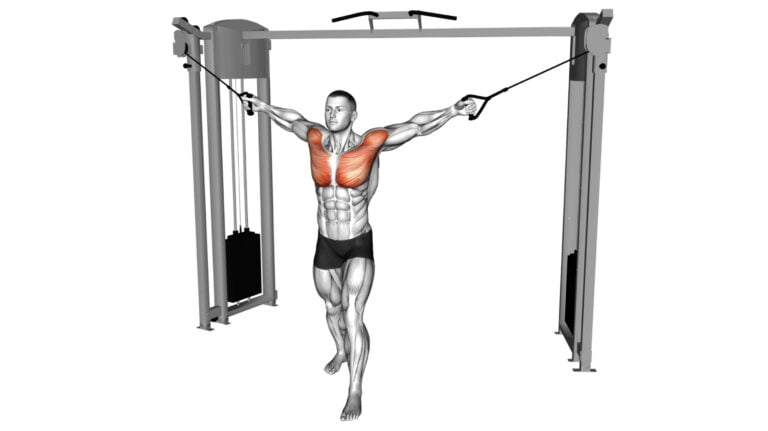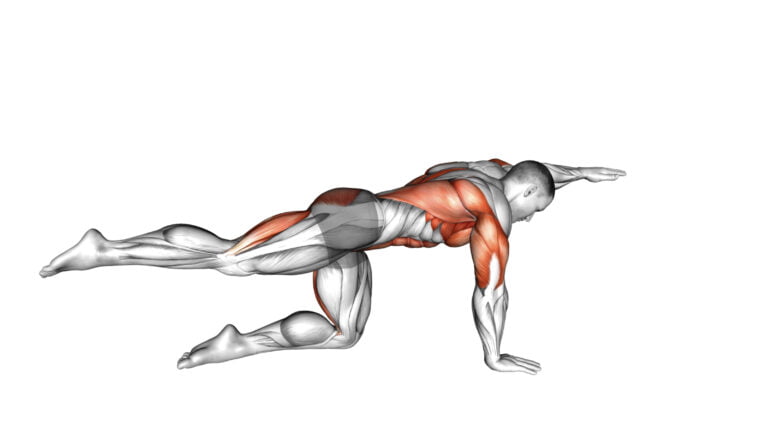Can Exercise Gain Weight? Learn How To Avoid Gaining Weight While Working Out

Starting a new workout routine sparks hope for losing weight, right? Well, sometimes stepping on the scale tells a different story. Can Exercise Gain Weight? Yes, and understanding why this happens is crucial.
This article will guide you through the paradox that even with regular exercise, you might see the number on the scale go up before it comes down.
I’m Serg Bayracny. Over ten years in fitness coaching has shown me every twist and turn of building muscle and burning fat. With real-world experience backed by sports science education, I’ve helped bodybuilders and gym-goers alike conquer their fitness fears.
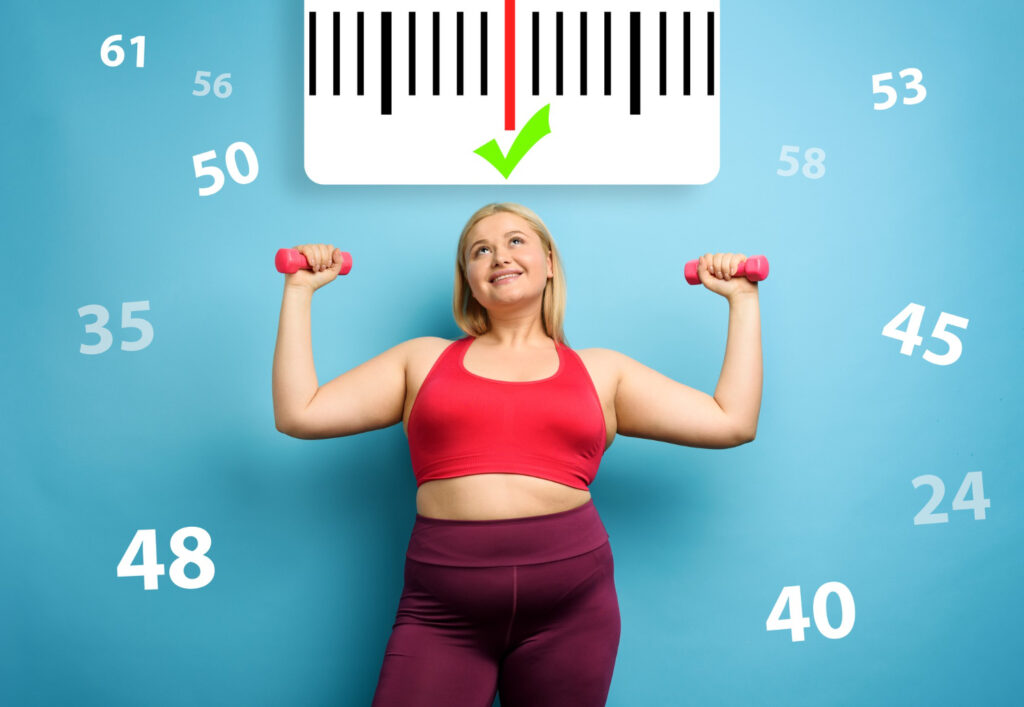
Ready to learn how to keep those pounds off while exercising? Keep reading.
Key Takeaways
- Drinking enough water helps your muscles recover and grow without adding fat.
- Eating balanced meals with proteins, carbs, and healthy fats fuels your workouts and muscle building.
- Mixing different exercises like weight lifting, cardio, and stretches keeps your body fit without gaining unwanted weight.
Unpacking the Exercise and Weight Gain Paradox
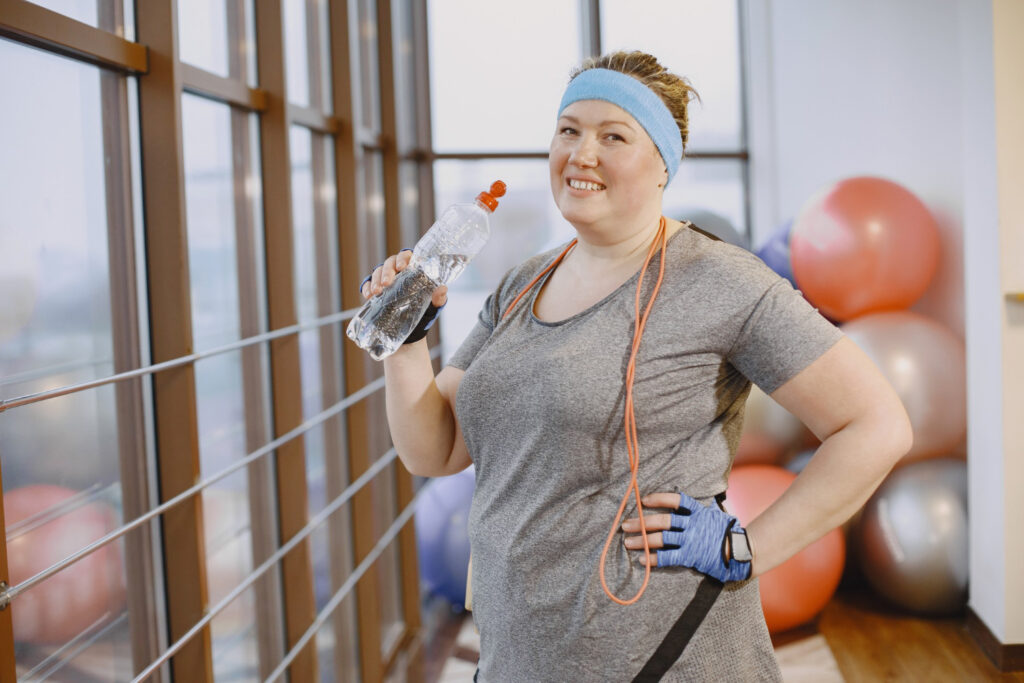
Can exercise gain weight? Yes, and it’s a bit of a puzzle. When people start working out, they sometimes see the number on the scale go up, not down. This surprises many who expect to lose weight from exercise alone.
New to Exercise: Initial Weight Gain
Starting to exercise can lead to some weight gain at first. This might surprise you, but it’s a normal part of getting fit. Your body holds onto more water when you begin working out.
This happens because your muscles need water to repair themselves after a tough session at the gym. So, if you see some extra pounds on the scale, don’t worry too much about it.
Your muscles also store glycogen, a type of energy source they use during workouts. Glycogen binds with water inside your muscle cells, making them weigh more but in a good way! As you keep exercising regularly and build muscle mass over time through activities like lifting weights or doing resistance training exercises,, this initial gain turns into lean muscle growth—which means strength and endurance improvements for you!
Muscle Gain vs. Fat Gain

Gaining muscle and gaining fat are two very different things. I have seen this in my work as a personal trainer. Muscle gain makes you stronger and changes how your body looks. It’s the result of lifting weights and eating the right foods, like lean protein and healthy fats.
This process takes time because building new muscle fibers is hard work for your body. On the other hand, gaining fat can happen much quicker if you’re eating more calories than you burn.
Keeping track of both types of gain is key to getting the results you want from your workout plan. Use a scale that shows body composition to see changes in muscle mass and fat mass over time.
Pay attention to how your clothes fit and take pictures to track progress outside the gym too. This way, it becomes easier to adjust your diet and exercise routine before small issues turn into bigger ones.
The Role of Water Retention
Water retention plays a big part in how your body changes with new exercise routines. At first, you might see the scale go up and worry that you’re gaining unwanted weight. Really, it’s just your muscles holding on to water.
When you work out, your muscles need more fuel. This fuel gets stored as glycogen which binds with water – think of it as the muscle’s way of storing energy for later use.
From my own time lifting weights and coaching others, I’ve seen this happen a lot. After starting or ramping up workouts, bodies tend to hold onto water to help repair small tears in muscle fibers caused by training hard.
For every gram of glycogen tucked away in your muscles, expect about three grams of water to join it. That extra water weight is actually a sign that your body is getting stronger and more prepared for future workouts, not that you’re backsliding on fitness goals.
Common Mistakes Leading to Weight Gain

Sometimes, folks start working out but end up gaining weight. They might eat too much or pick the wrong type of workout. This can be surprising because you’d think exercise helps you lose weight, not gain it.
Consuming Excess Calories
Eating more calories than you burn leads to weight gain. This simple fact sometimes gets lost in all the details of bodybuilding. You work out hard, aiming for muscle growth and better strength.
It’s easy to think this means you can eat a lot more. But, if your food choices aren’t right or you’re eating too much, gaining unwanted fat is a real risk.
If you’re not paying attention to what and how much you’re eating, those extra calories won’t turn into muscle; they’ll turn into fat.
From my own journey, I’ve seen many athletes fall into this trap. They start exercising harder and believe that gives them freedom to eat without limits. The truth? Every calorie counts.
You need enough fuel for energy and recovery but not so much that it overshoots your actual needs. Tracking your meals helps avoid overeating while still getting the nutrients required for muscle building and repair.
Hydration Missteps
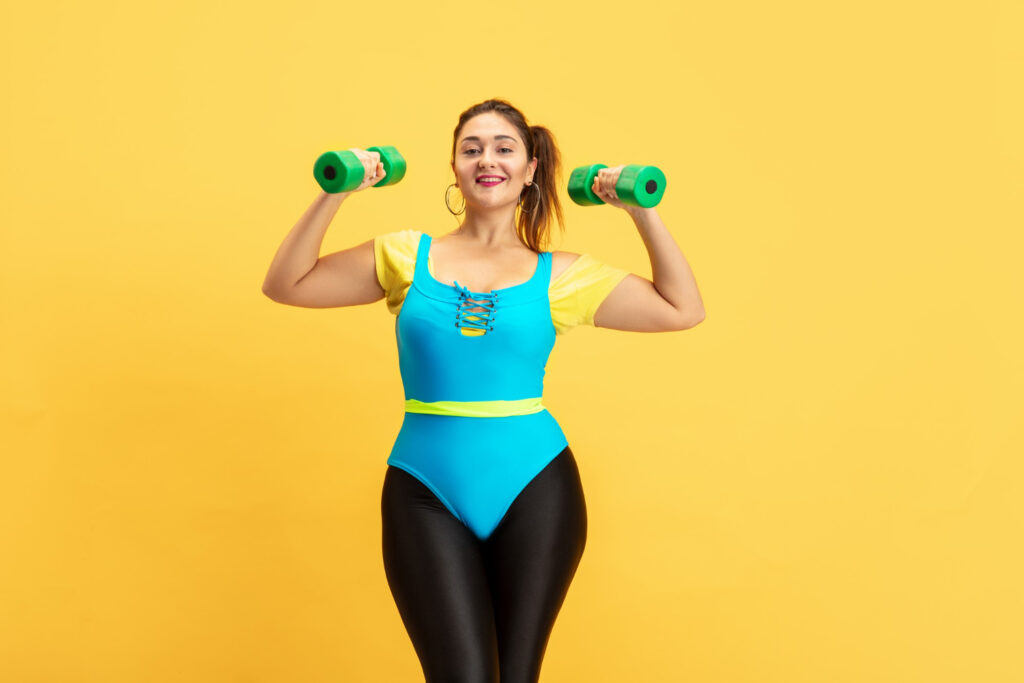
Just as eating too much can lead to unexpected weight gain, not drinking enough water can mess up your workout results. Staying well hydrated helps your body recover from exercise and keeps your muscles working right.
If you don’t drink enough, it might make you eat more when you’re not really hungry. This is because sometimes our bodies mix up thirst with hunger signals.
Drinking plenty of fluids also helps fuel the repair process after tough workouts by getting rid of waste in your cells and keeping everything moving smoothly inside your body. Plus, proper hydration makes sure that each part of your body gets the nutrients it needs to build strength and size.
So, missing out on water can slow down muscle growth and even make you feel tired quicker during workouts. Keep a bottle nearby—your muscles will thank you for it!
Overemphasis on Cardio
Doing too much cardio can trick you. It burns calories fast, yes. But your body might want more food because it thinks it needs to stock up after all that burning. You end up eating more, maybe even more than what you burned.
This makes gaining weight a sneaky side effect of too much jogging or biking.
Cardio alone doesn’t grow muscles well either. Muscles help burn fat even when you’re not moving much. So, if all you do is aerobic exercises, you could miss out on this muscle-building benefit.
Next up, let’s talk about why ignoring strength exercises can also mess with staying lean and fit.
Ignoring Strength Training
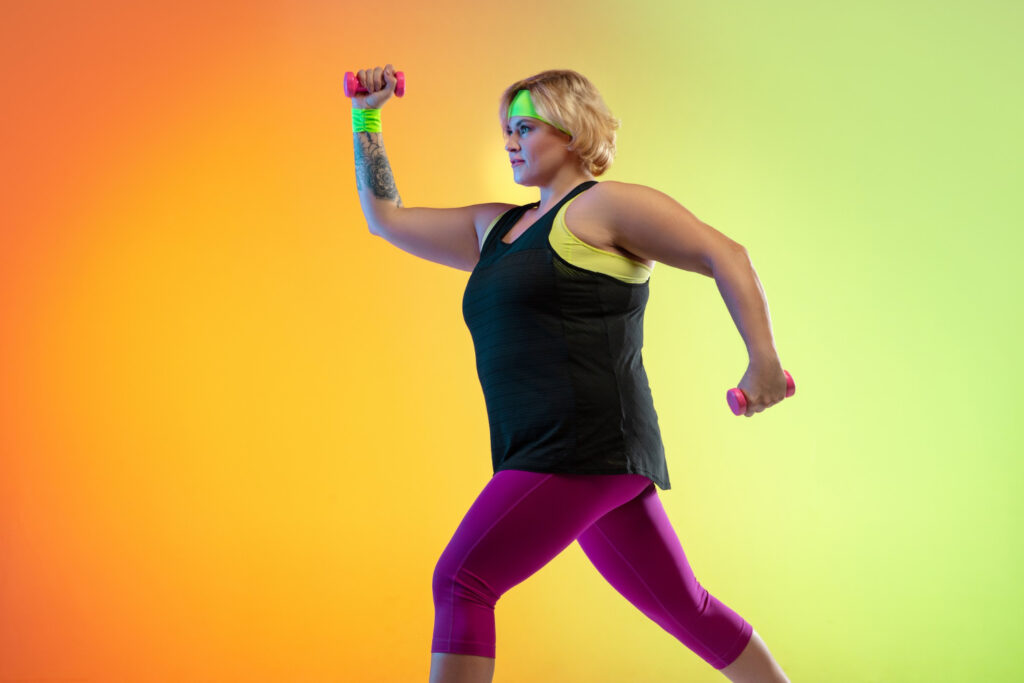
Strength training is key for bodybuilders. It helps build lean muscle mass. This means your body burns more calories, even when you’re not working out. Skipping strength training can slow down these benefits.
Your muscles won’t get the workout they need to grow strong.
Give your muscles what they need with weight training.
Without lifting weights or using resistance bands, gaining lean muscle takes longer. Focusing only on cardio can lead to missing out on these gains. Mix up your routine with both types of exercise for the best results.
Strategies to Avoid Weight Gain While Exercising
Can Exercise Gain Weight? Yes, but don’t worry! Staying hydrated and eating right helps keep off extra pounds while you work out. Mixing different types of workouts is key to staying fit without gaining unwanted weight.
Proper Hydration
Drinking plenty of water is key for bodybuilders. It helps your body recover after workouts and keeps you hydrated on the inside. You need to drink more than just when you’re thirsty.
I’ve found keeping a water bottle with me all day makes it easy to stay on track. This isn’t just about avoiding dry mouth or feeling thirsty; it’s about fueling your muscles so they can grow strong and recover fast.
Next, let’s talk food. Eating right plays a big part in how well you do at the gym and how your body looks outside of it.
Balanced Diet
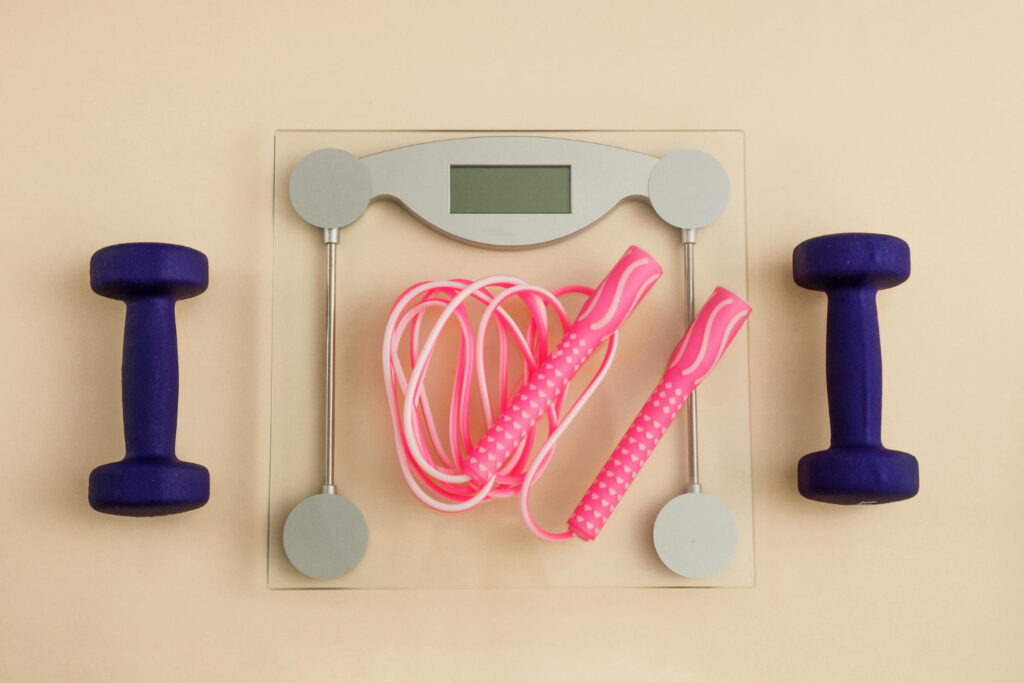
Eating right is key for bodybuilders. A balanced diet helps you gain muscle and lose fat. You need the right mix of food to fuel your workouts and recovery. Think proteins, carbs, and fats.
Proteins build new muscle tissues. Carbs give you energy. Fats help with hormone functions that are vital for muscle growth.
My experience taught me a lot about what to eat and when. After hitting the gym, I grab a meal rich in proteins and carbs—a chicken breast with brown rice or quinoa does the trick.
It’s not just about eating enough; it’s about eating smartly to see changes both inside and outside the gym. Always have veggies, fruits, lean meats, whole grains, nuts, seeds on your plate—they’re all champions in their own way for keeping you healthy while building that desired physique.
Diverse Workout Regimen
Mixing up your workouts is key. Bodybuilders know that sticking to just one kind of exercise won’t cut it. You need a mix — like lifting weights, cardio, and stretches. This combo keeps your body guessing and muscles growing.
It also prevents boredom and burnout. So, throw in some running or swimming on top of your weight sessions. And don’t forget about yoga or Pilates for flexibility.
Variety is the spice of fitness. Challenge all muscle groups by changing your routine often. By doing this, you help fuel muscle growth across the board and avoid overuse injuries. Plus, a well-rounded program supports overall health better than focusing on just one area.
Conclusion
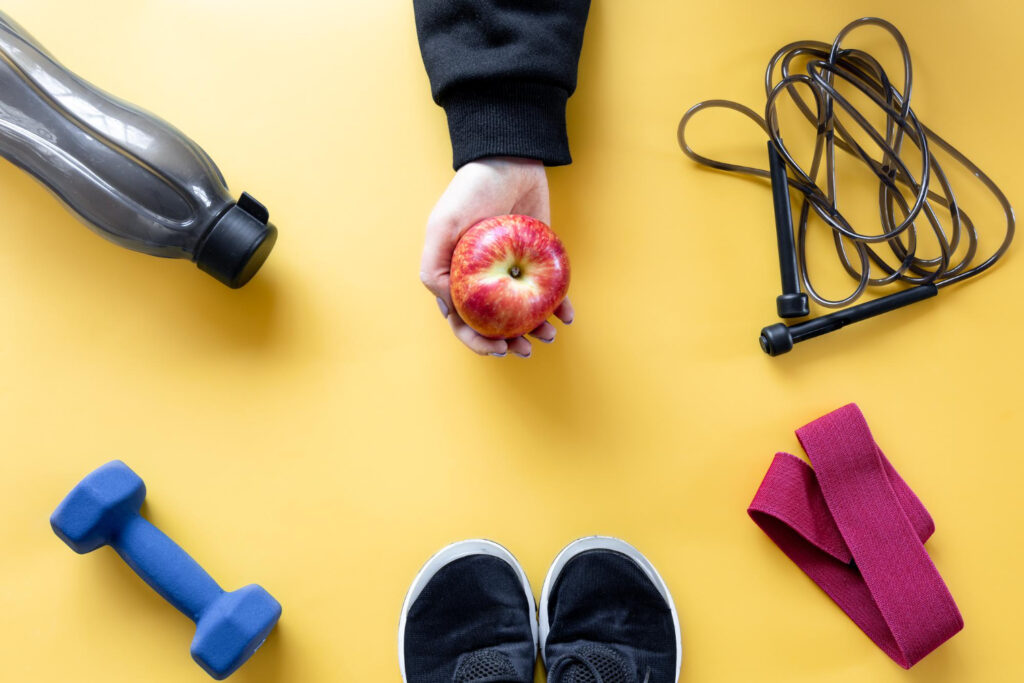
Working out can lead to a bigger number on the scale at first. But know this – it’s not all about gaining unwanted pounds. If you drink enough water, eat right, and mix up your workouts, staying in shape gets easier.
These steps are simple and work well for everyone. They stop you from adding weight when exercising. So, keep moving and watch how your body changes for the better. Can Exercise Gain Weight? Yes, but with these tips, that won’t be something to worry about anymore.
FAQs
1. Why am I gaining weight when I start exercising?
When you first begin working out, your body makes small tears in your muscle fibers. This is normal! Your muscles need water to heal, so they hold onto more water. That’s why you might see a bit of weight gain on the scale.
2. Is it okay if my weight goes up after exercising?
Yes, it’s totally fine. This weight gain is just temporary. As your muscles get used to exercise, they’ll need less water to recover and your weight will go back to normal.
3. Can working out make me gain muscle instead of losing fat?
It sure can! Exercise, especially strength training, helps build muscle while reducing body fat. If you’re seeing higher numbers on the scale but feel stronger and fitter, it could be because you’re replacing fat with muscle.
4. How can I avoid gaining weight from eating too much after I work out?
Try planning healthy meals or snacks before you exercise so you’re not as tempted to overeat later on. Drinking plenty of water can also help keep hunger in check.
5. Do health conditions affect how my body reacts to exercise and weight?
They might! Some health issues can change how your body stores fat or uses energy during workouts… Talking to a doctor before starting any new exercise program is always a smart move.
6. Will my weight ever stabilize even if I continue exercising regularly?
Absolutely! Over time, as your body becomes more efficient at using fuel and recovering from workouts, any initial gains in weight will settle down… You’ll start seeing the results that match your hard work soon enough—just give it some time and keep going!

Author
Years ago, the spark of my life’s passion ignited in my mind the moment I stepped into the local gym for the first time. The inaugural bead of perspiration, the initial endeavor, the very first surge of endorphins, and a sense of pride that washed over me post-workout marked the beginning of my deep-seated interest in strength sports, fitness, and sports nutrition. This very curiosity blossomed rapidly into a profound fascination, propelling me to earn a Master’s degree in Physical Education from the Academy of Physical Education in Krakow, followed by a Sports Manager diploma from the Jagiellonian University. My journey of growth led me to gain more specialized qualifications, such as being a certified personal trainer with a focus on sports dietetics, a lifeguard, and an instructor for wellness and corrective gymnastics. Theoretical knowledge paired seamlessly with practical experience, reinforcing my belief that the transformation of individuals under my guidance was also a reflection of my personal growth. This belief holds true even today. Each day, I strive to push the boundaries and explore new realms. These realms gently elevate me to greater heights. The unique combination of passion for my field and the continuous quest for growth fuels my drive to break new ground.

